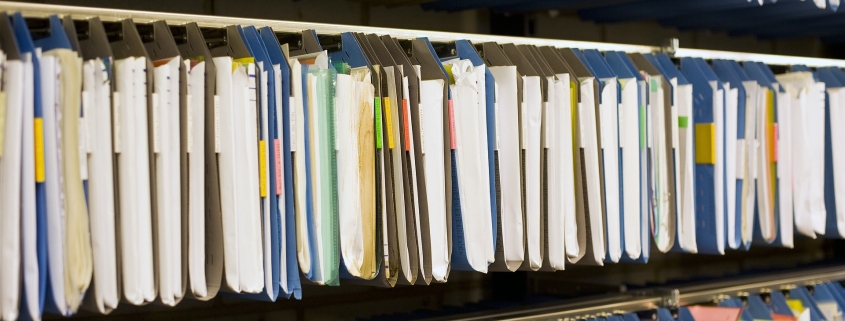Public Records And You
All organizations have records, but public records are special category only found in government. The laws governing public records are state specific and Florida has one of the broadest and most open-access policies in the United States. Florida Statute Chapter 119 is our Public Records Law and is frequently referred to as the Sunshine Law.
The definition of a public record as stated in Chapter 119 is “…all documents, papers, letters, maps, books, tapes, photographs, films, sound recordings, data processing software, or other material, regardless of the physical form, characteristics, or means of transmission, made or received pursuant to law or ordinance or in connection with the transaction of official business by any agency.” Additionally, the statute provides 3 principles that govern an agencies responsibility to provide access as:
- Each government agency is charged with the responsibility of safeguarding its public records.
- Government records are open for personal inspection and copying by any person.
- Providing access to public records is a duty of each agency.
Unless an exemption exists in the statute, for example, medical information or social security numbers, the records must be made available within a reasonable time to the public upon request. If access is denied, the legal citation of the exemption will be provided. There are over 1,500 exemptions in which the State of Florida has identified a specific record or part of a record that are exempt from disclosure to the public.
The Lake Worth Drainage District (LWDD) provides many frequently requested records on its website at www.lwdd.net. If you are unable to find the records you need on the website, a public records request can be submitted. Requests for records do not have to be submitted in writing; however, a request form at www.lwdd.net/contact/public-records-request was created to help facilitate the process. Regardless of the method used when making a request, it is important to be specific about the records you are requesting and if possible, include the date range. A very broad and ambiguous request can take longer to fulfill and the cost of production of extraneous records may be burdensome to the requestor. The LWDD is committed to providing open and prompt access to the agency’s public records and staff is available to assist the public in obtaining the information they need.




